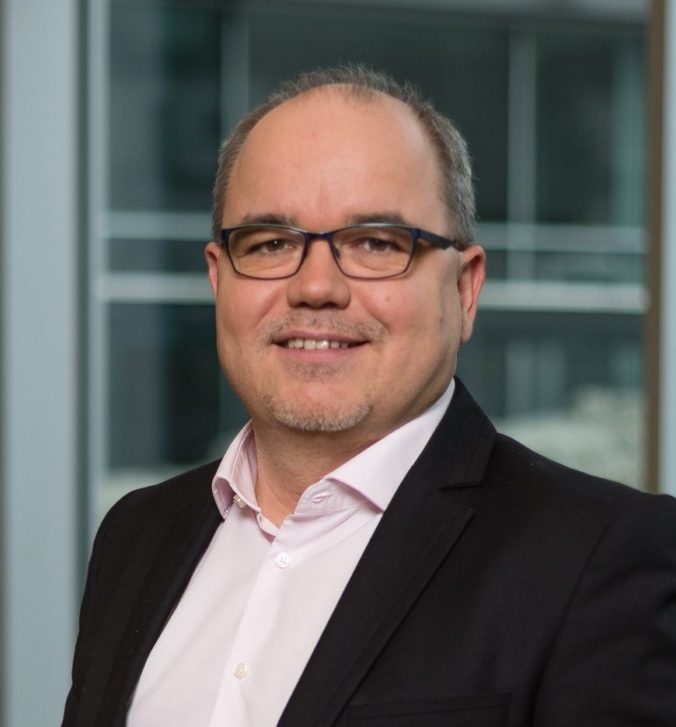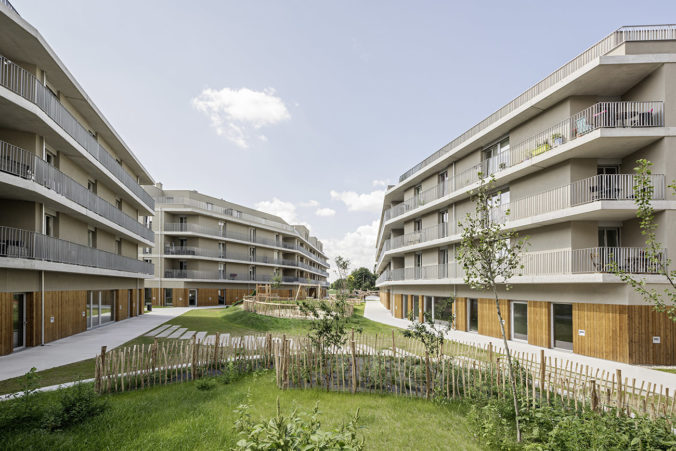Vienna regularly ranks first in the quality of life rankings. It has become the most sought-after address in Europe. „Approximately 57% of Vienna’s population lives in socially accessible flats in Vienna,“ said Erik Štefanovič, managing director of DELTA Slovakia and DELTA Czech Republic, at the beginning of the interview.
Thanks to this, the neighboring Czech Republic wants to be inspired by Vienna’s housing policy. During February of this year, the City of Prague approved an agreement on mutual cooperation with Vienna and would like to be inspired by the success of the capital of our Austrian neighbors. The exchange of experiences and mutual assistance should cover a wide range of areas. The topic that currently worries Prague the most, and Vienna, on the other hand, excels in this area with its strategy, is the topic of setting housing policy and affordable housing. „I believe that other areas such as the process of dealing with public spaces and civic amenities, the principle of dealing with green spaces in the city or the functioning of waste management can also be inspiring for Prague, but also for Bratislava,“ Štefanovič added.
Erik Štefanovič, CEO of DELTA Slovakia, confirms that the current housing projects emerging in Vienna are certainly not an example of any emergency development. The new housing construction has well-thought-out concepts and is characterized by courtyards with well-designed public space. The new apartment complexes are equipped with plenty of kindergartens, children’s play areas, playgrounds, social and relaxation areas, club rooms, libraries, shops and public facilities.

Plenty of quality housing at a reasonable price
„More than half of Viennese live in socially affordable flats, about 57%. Another 31% of tenants live in municipal flats. Thanks to these data, the city of Vienna is the largest property owner in Europe. Another 26% live in a subsidized cooperative flat. According to his decision, rent in two-thirds of newly built houses should not exceed EUR 8 per square meter. Viennese pay only a modest 6-8 euros per square meter, including operating costs, so according to available information, Viennese pay about 500-600 euros for an average apartment of 80 square meters, which is about 150 euros less than for renting such an apartment. in Bratislava.
Diversity of social and age groups, more social space
The diversity of the population from various angles is another important aspect that the city of Vienna takes into account in housing policy. The aim is to prevent the emergence of excluded areas of the so-called ghettos. In the concepts of apartment houses on which DELTA worked, it is felt that the apartments are shrinking slightly. The average size of apartments is between 60-80 square meters, but on the contrary, common areas for the entire community of residents such as carriage houses, common green terraces or roofs, playgrounds, clubhouses or courtyards between houses intended for rest are increasing. These spaces are available to the whole house together and is usually appointed by a joint caretaker who takes care of the quality of the common areas in the house. The concepts of apartment buildings that we designed, for example, within the Traviatagasse project, the Althan Park or Schichtgründe apartment buildings, have some features in common. They offer flexibility in design as well as variability of space in the distribution of apartment sizes in the planning phase, including the possibility of future extensibility throughout the life cycle. Thus, not only economic and ecological, but also social sustainability is the focus of the city of Vienna.
„We are ready to transfer the concepts of apartment buildings from Vienna to Slovakia.“
Demonstration project of multi-generational housing, a new district on the outskirts of Vienna in Aspern
As a good example of socially sustainable housing can be the large-scale project „House for Life„, which was launched in Vienna in 2013 and in which we, as DELTA, participated in the role of general designer and architect, continues Štefanovič. Thanks to this task, we were close enough to everything that was happening around it, and it must be said that an exemplary city of the future is growing here, based on the concept of a smart city that allows comfortable and pleasant living at a reasonable price. This concept of multi-generational housing creates an environment of some solidarity based on a broader basis and cooperation between the local community. Typical are situations where students help seniors with purchases, parents support each other in caring for children, etc. An atmosphere of understanding is created, as well as tolerance and respect of individual generations for each other. It must be said that the success of this project depends not only on modern architecture and a well-thought-out concept, but also on the city’s right decision to invest funds in infrastructure. Based on these diverse experiences, we have also created our own model for the concept of multi-generational housing, the so-called Vienna Village, which combines the quality of life in the village with the city.
An example of a housing project from Vienna, where DELTA was also in the role of architect and general designer, can be found in the following video (English subtitles):
https://www.delta-group.sk/referencie/residential-building-traviatagasse/
Information service



